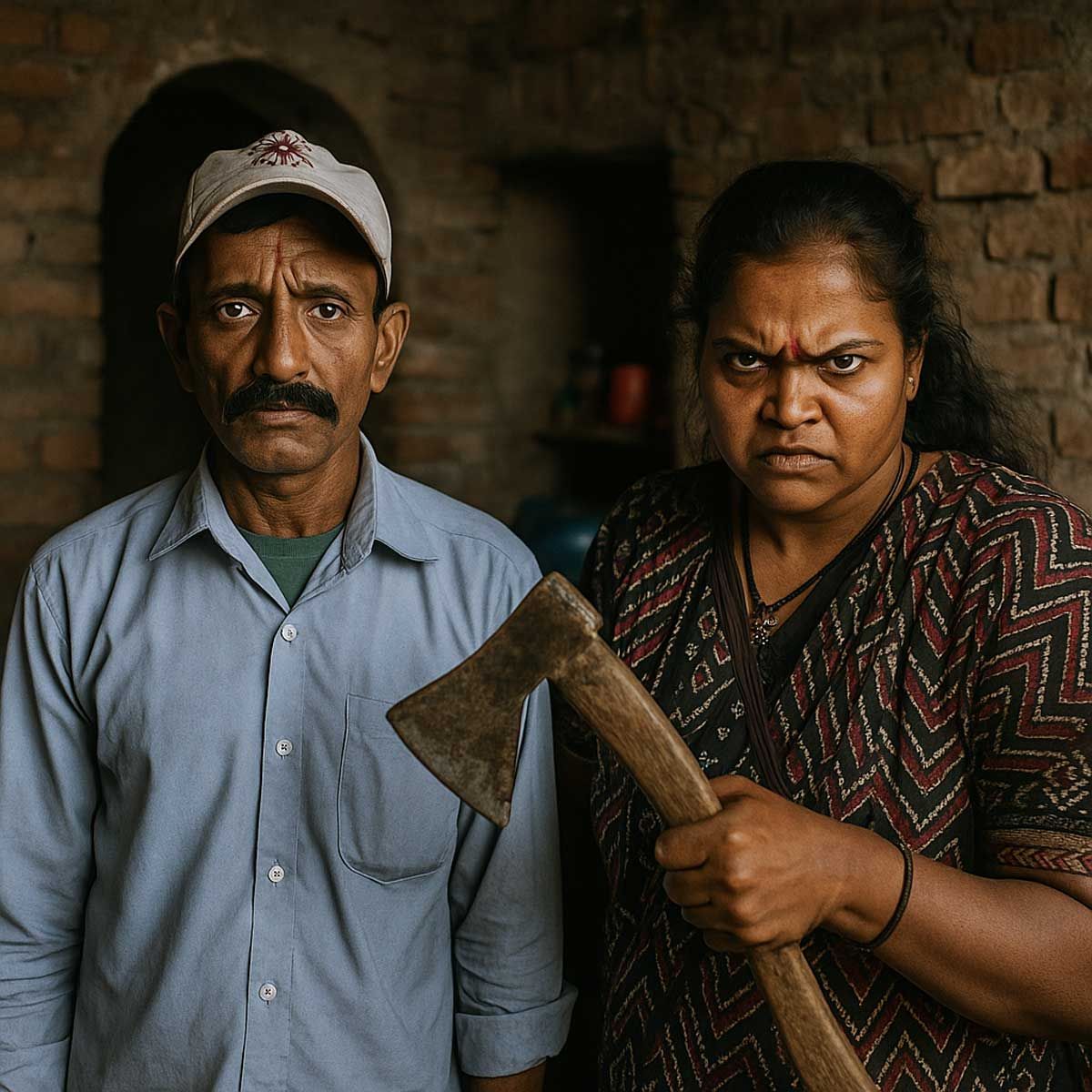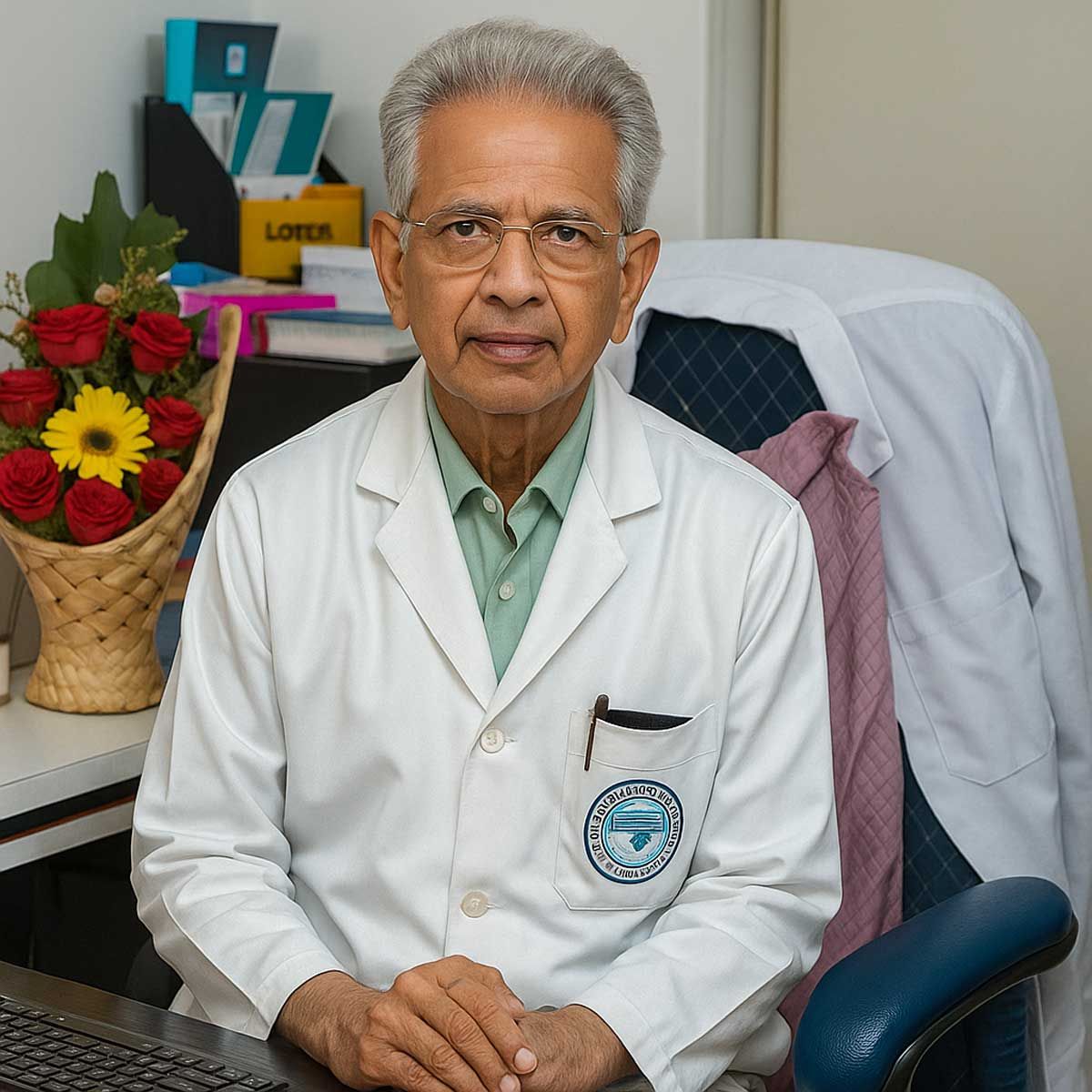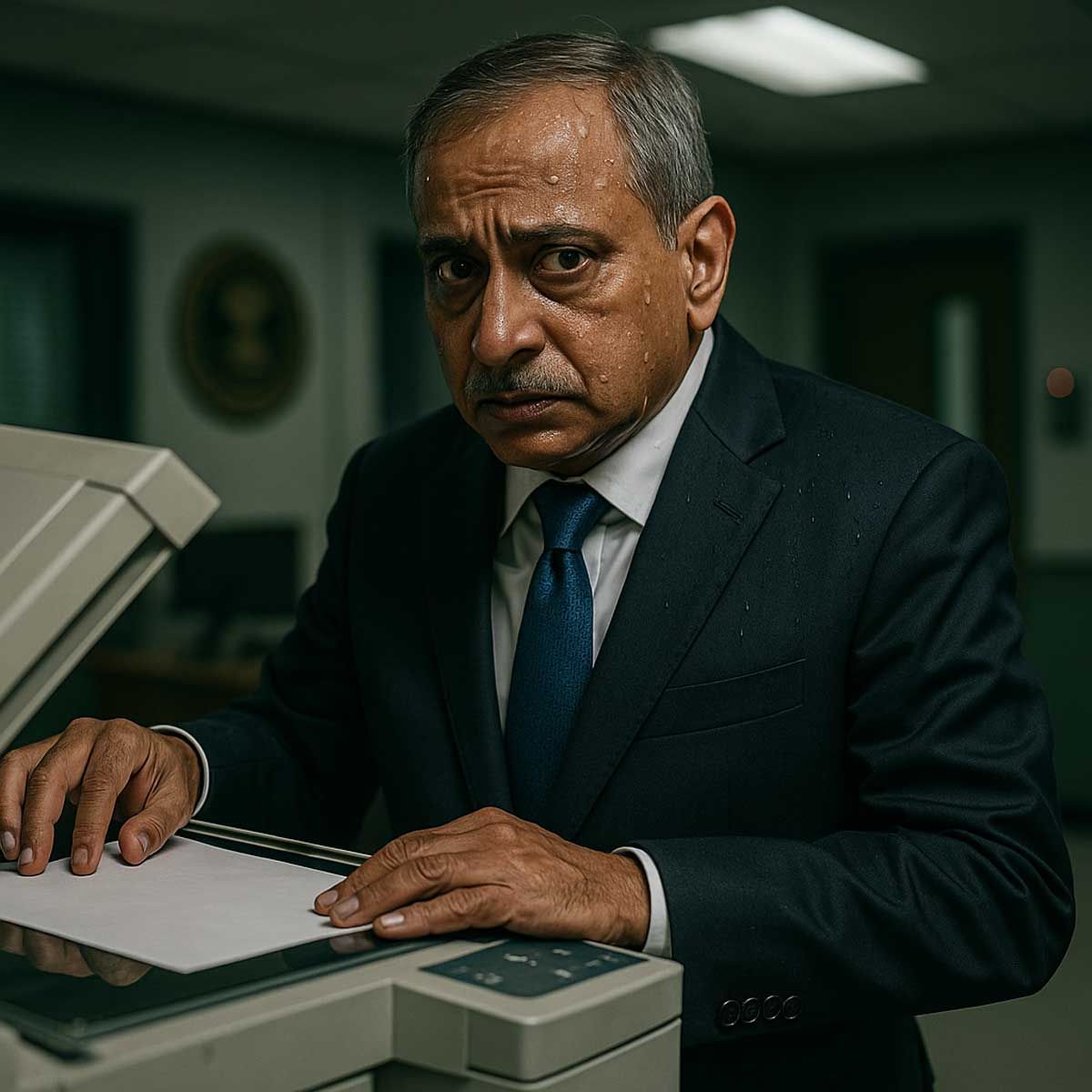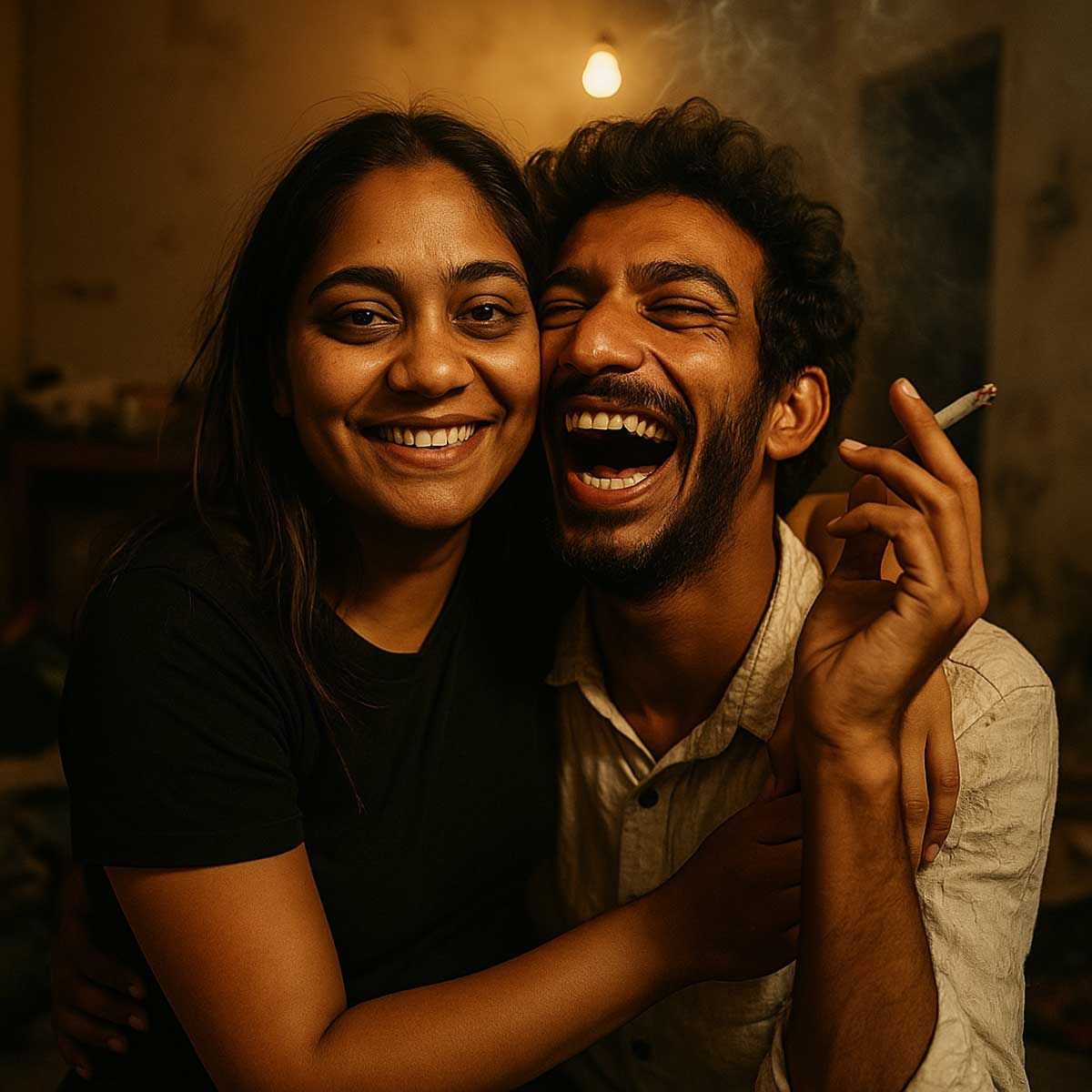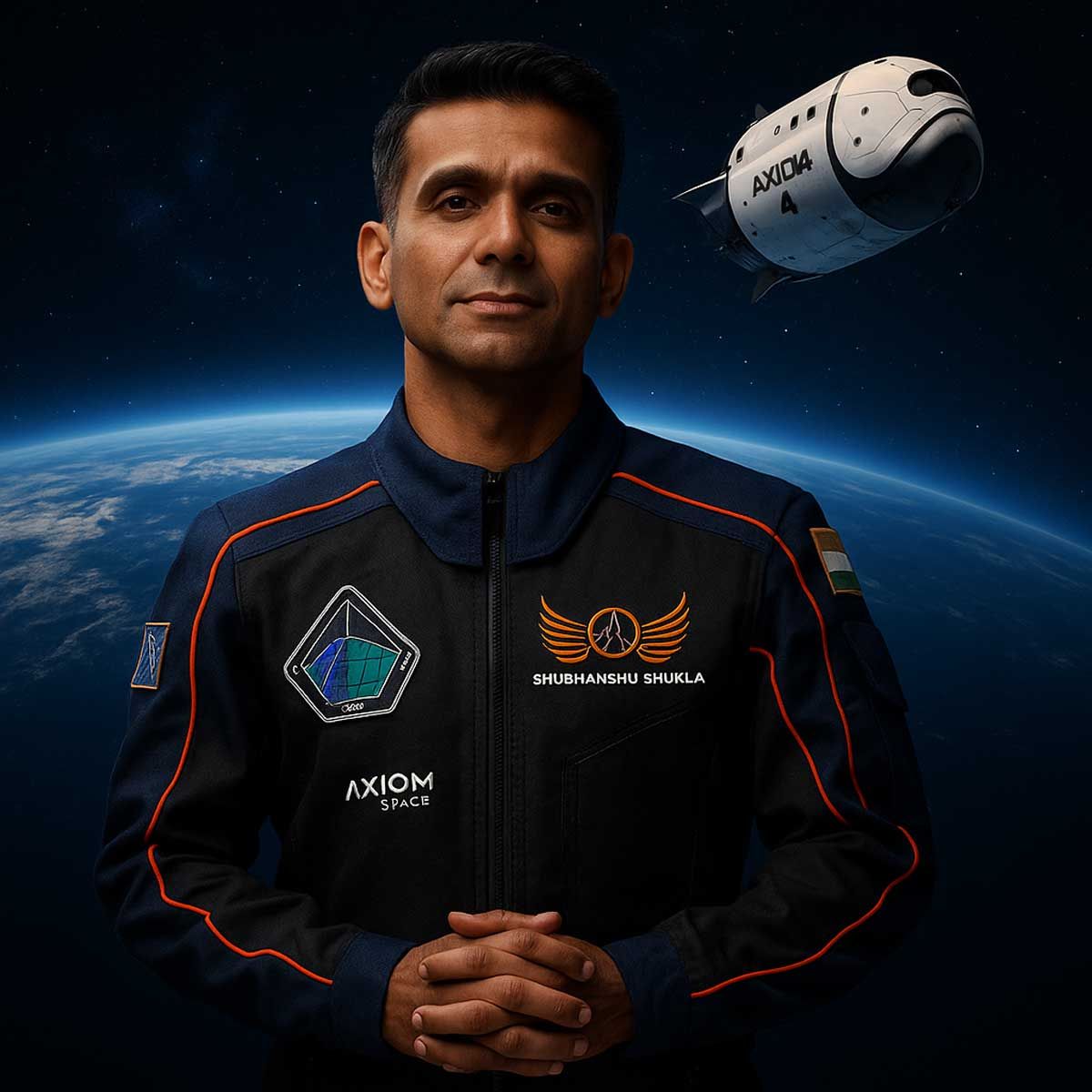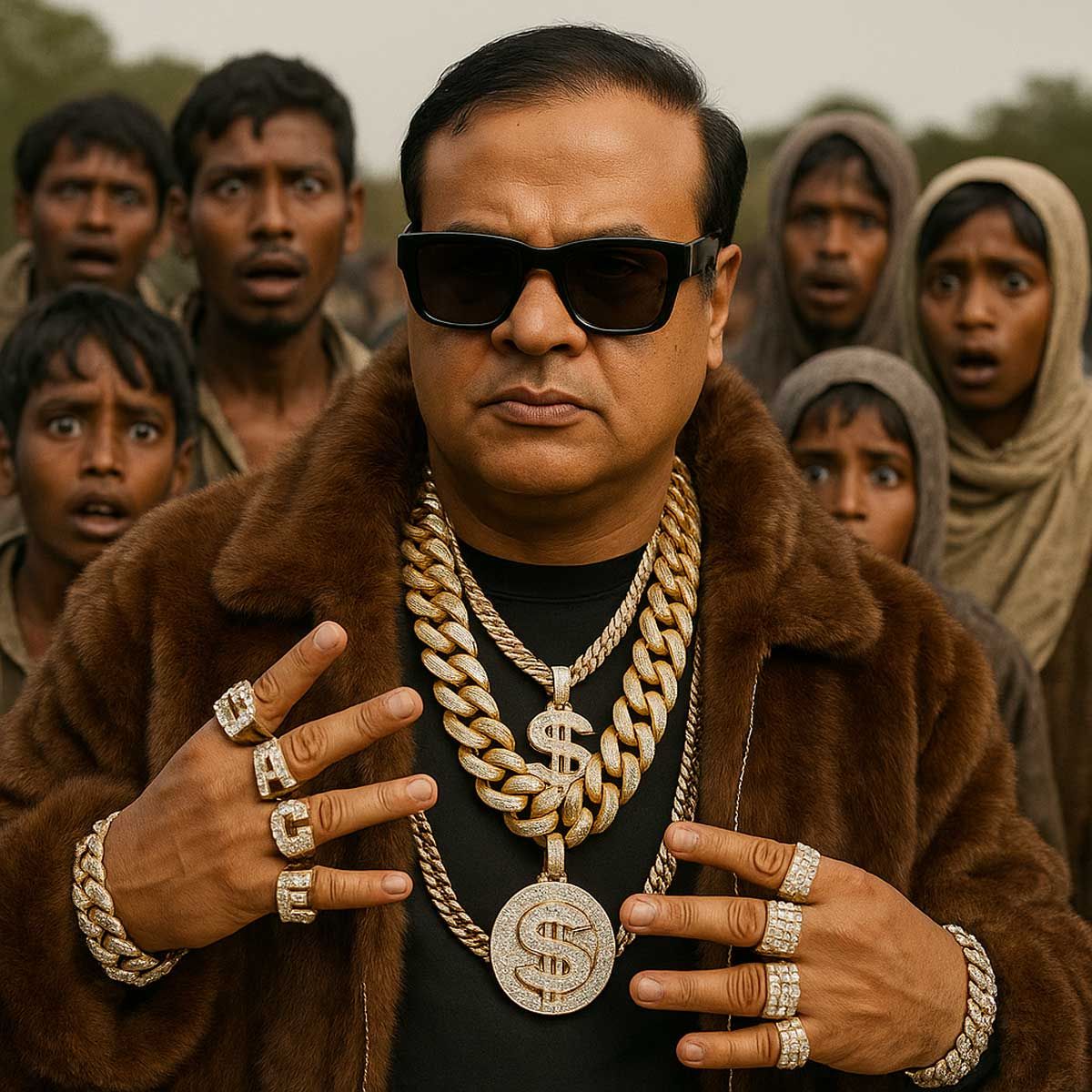More Coverage
Twitter Coverage
Satyaagrah
Written on
Satyaagrah
Written on
Satyaagrah
Written on
Satyaagrah
Written on
Satyaagrah
Written on
JOIN SATYAAGRAH SOCIAL MEDIA
“If you would know strength & patience, welcome the company of trees”: “Trees for Wealth” - first-of-its-kind movement to bring about a revolution in the local economy & has envisioned State as the ‘Fruit Hub of India' by planting 1 billion fruit trees
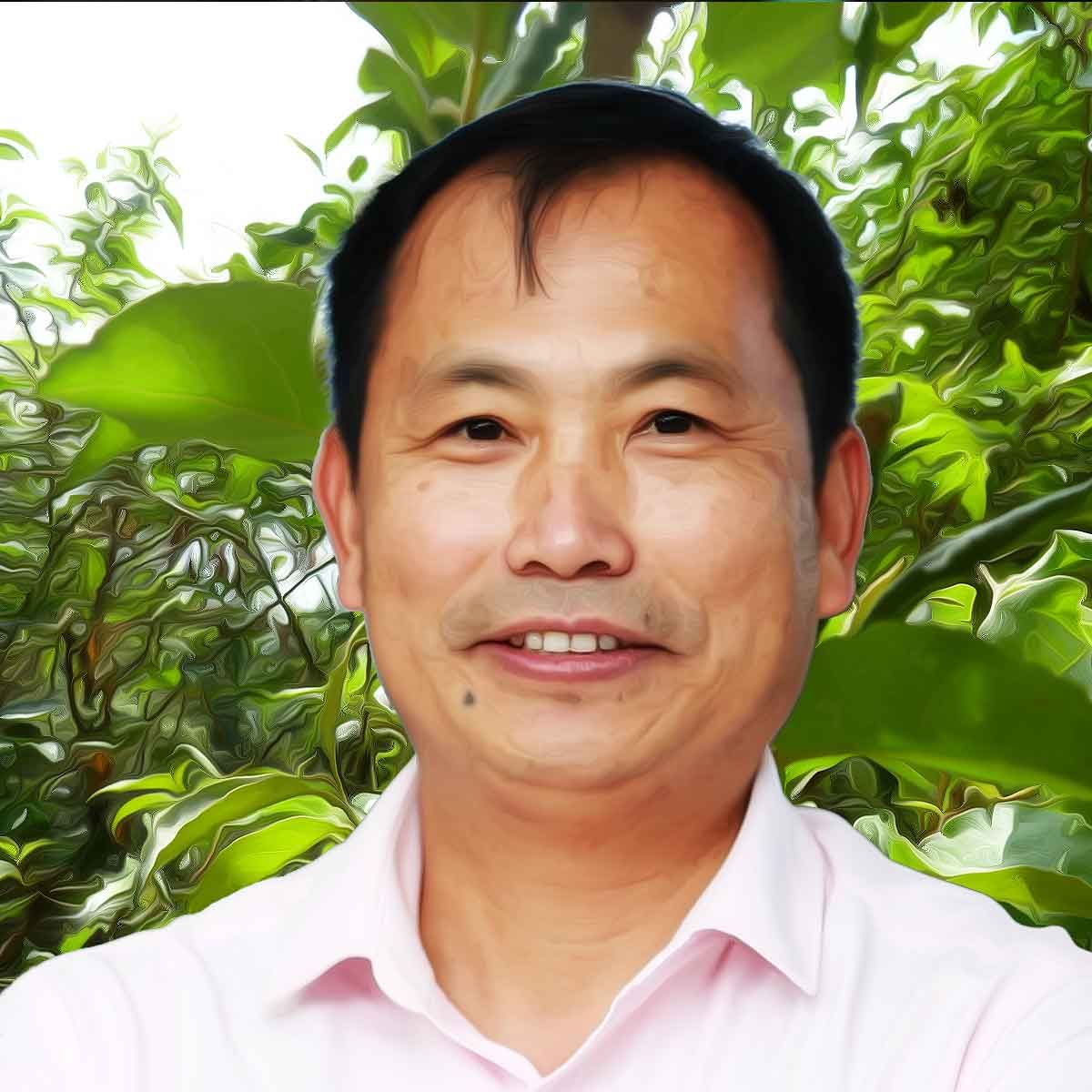
Assam is well endowed with a plethora of indigenous fruits like Yellow Plum or Mirabelle Plum (Xoon Bogori), Green Peach (Nora Bogori), Pomelo (Robab Tenga), Java Plum (Jamu), Indian coffee plum (Ponial), Hog Plum (Omora), White Mulberry (Nuni), Burmese Grape (Leteku), Rose Apple (Bogi Jamu), Bastard Myrobalan (Bhumura), Bullet Wood fruit (Bokul) and many more.
|
Not only do these exotic indigenous fruits taste delicious they also have the potential to capture the international market thereby empowering the farmers. To do so, the State can borrow a leaf out of neighboring Nagaland, and that, too, from the effort of an NGO.
Under its ambitious mission of ‘Trees for Wealth’ (TfW) launched in 2019, the Entrepreneurs Associates (tEA), an NGO in Nagaland, has envisioned the State as the ‘Fruit Hub of India. It aims to plant 2 million fruit trees by 2025 thereby empowering 10,000 farmers and impacting 200 villages across the State.
The NGO is of the view that the North-Eastern States can significantly augment their revenue by planting fruit trees and thereby making use of the rich biodiversity of the region. It feels that since most ethnic communities of the region have fragmented land holdings, individuals cannot take up mass cultivation of fruit trees. However, if done collectively, they can arrive at a critical mass and the required scale to make it profitable.
Hence tEA innovated a model “Micro by One, Volume by Mass” where the idea is to have 1 million farmers planting 100 fruit trees each. This makes it 10 crore fruit trees. If income from this effort inspires individuals to plant on average 1,000 such trees, then 1 million people planting 1,000 trees will make it 100 crore fruit trees. A back-of-the-envelope calculation shows that this can propel the region to add Rs 1 trillion into the economy with one fruit tree generating ₹ 1,000 per annum.
The movement has been instrumental in introducing quick fruit-yielding trees like plum, orange, lime, guava, persimmon, avocado, mango, fig, tamarillo (Naga tree tomato), walnut, pears, litchi, etc. so that farmers in Nagaland can harvest early and start earning. This is projected to motivate them to adopt fruit tree plantations as a viable long-term livelihood. Since the launch of the movement, 4.6 lakh fruit trees have been planted. It is targeting an additional 5 lakh trees by the end of 2022. The movement is expected to create opportunities in logistics, cold storage, and food processing industries and generate 5 million jobs in the region.
|
Speaking to Asom Barta, Neichute Doulo, CEO (the Entrepreneurs Associates) says, “Planting 1 billion fruit trees will be our small contribution to reverse climate change and restore our environment. tEA innovated the Trees for Wealth (TfW) movement because unlike planting any tree, planting fruit trees generate cash income for farmers which, in turn, can facilitate their children’s education and provide economic security to people in the villages.” He said that he was even willing to travel to other States to share his knowledge with the people.
“Assam can also take up this movement. We will be more than happy to come and share how it should be people-led and not Government-led with the Government acting as a facilitator. We are open to collaboration with interested NGOs (or even Government departments) who want to take up fruit tree plantations,” he adds.
In an email conversation with Asom Barta, fruit farmer Thejozo Kezo from Phek District, Nagaland credits the Trees for Wealth movement for getting his life back on track. A school dropout, he was wondering what to do with his life when he came across the TfW movement.
“I dropped out of school. I came across tEA’s movement for Trees for Wealth by planting fruit trees. tEA helped me with poly bags and green shade for the fruit tree nursery last year. This year alone, I have earned around ₹ 2 lakh by selling fruit tree saplings,” he says. He said that he was planting up to 1,000 Persimmon fruit trees, 500 Tamarillo fruit trees, and 1,000 Plum fruit trees this year. He was hopeful that this will give him significant income after a few years and help him build a house in his village and get married. “The TfW has made me self-employed. I thank tEA for showing me the way to use my village land which I thought was almost useless,” Kezo says.
Small Talk with Neichute Doulo
CHANGE leaders do great things, and often that is all we know about them. Here we want to get a different glimpse of the personalities that constitute the development space. Every month we get one leader to answer four questions, not necessarily about their work, but about themselves. This week we catch up with NEICHUTE DOULO, CEO of Entrepreneurs Associates.
A former lecturer in Economics at Baptist College in Nagaland, Doulo left his job in 2000 and launched Entrepreneurs Associates (EA) to help youth in the region look beyond government jobs and start their own enterprises. EA focuses on building the entrepreneurship skills of young people in the Northeastern states of India and creating a world based on inclusion and equity.
Doulo won the ‘Social Entrepreneur of the Year Award 2016’ given by the Schwab Foundation. He has helped create more than 15,000 jobs across the Northeast in the last 18 years.
Small Change: Why does this cause matter to you? Why now in particular?
Neichute Doulo: For me, entrepreneurship is very important. It’s the cause that started this movement and the organization. I believe it can empower people to stand on their own feet and become problem solvers, and not just complain about their circumstances. I like to identify this as a high leadership quality. There is freedom in entrepreneurship to control your own life; and trust me, being independent is a relieving power to have!
Entrepreneurship is very important in a place like Nagaland. The state is strategically located between two great civilizations: the Asian civilization and the South East Asian civilization – the brown and yellow race, as people call it. It is in this meeting point that Nagas live. If we don’t have an entrepreneurial mind, we will miss the opportunity to become catalysts and empower ourselves, and others.
SC: If you could have a superpower, what would it be?
ND: If I could have a superpower, it would be to change people’s mindset- to unlearn what they know now. I have witnessed that the current younger generation in Nagaland knows things that are not relevant or helpful to them. Also, the current education system in the third world focuses on industrial labor with insufficient preparation for the new world. Graduates leave college with a mindset of dependency, to work in a job for their lifetime, which is government jobs, especially in Nagaland.
I would also like to help people to think and realize that they control their own destiny and not blame society, parents, or the government for it.
SC: Could you give us one surprising fact about you or something you are really bad at?
ND: I grew up in a village and I am the first generation literate!
At present as the CEO and Co-ordinator of Entrepreneurs Associates, I aspire to usher in a paradigm shift of mindset from habitual dependence on government grants and subsidies among the youths in Nagaland to that of self-reliance.
On the contrary, because of my work principles (of self-reliance), it becomes very difficult for me to ask for grants and donations from well-wishers and funders for the work I want to execute and expand. There are a few external partners and donors we have worked together for many years, but because of this conflict of values within myself, I have not helped the organization grow bigger with grants and donations which actually could have accelerated our growth.
SC: If you could invite three famous people, living or dead, to your dinner party, who would they be and why?
ND: The three people I would want to have a conversation with are Jack Ma because I share a lot of his perspectives, Dr. Manmohan Singh because of his economic policies in shaping the economy of India from that of a socialist way to that of
capitalism and Late Mr. A.Z. Phizo because I admire his vision of uniting the starkly diverse 70-odd Naga tribes spread across India and Myanmar.
References:
 Support Us
Support Us
Satyagraha was born from the heart of our land, with an undying aim to unveil the true essence of Bharat. It seeks to illuminate the hidden tales of our valiant freedom fighters and the rich chronicles that haven't yet sung their complete melody in the mainstream.
While platforms like NDTV and 'The Wire' effortlessly garner funds under the banner of safeguarding democracy, we at Satyagraha walk a different path. Our strength and resonance come from you. In this journey to weave a stronger Bharat, every little contribution amplifies our voice. Let's come together, contribute as you can, and champion the true spirit of our nation.
 |  |  |
| ICICI Bank of Satyaagrah | Razorpay Bank of Satyaagrah | PayPal Bank of Satyaagrah - For International Payments |
If all above doesn't work, then try the LINK below:
Please share the article on other platforms
DISCLAIMER: The author is solely responsible for the views expressed in this article. The author carries the responsibility for citing and/or licensing of images utilized within the text. The website also frequently uses non-commercial images for representational purposes only in line with the article. We are not responsible for the authenticity of such images. If some images have a copyright issue, we request the person/entity to contact us at This email address is being protected from spambots. You need JavaScript enabled to view it. and we will take the necessary actions to resolve the issue.
Related Articles
- "मौसम बिगड़ने वाला है": A violent mob attack during an eviction drive in Guwahati, left multiple cops injured, two attackers Haider Ali & Juwahid Ali killed in police firing; situation remains tense as authorities deploy additional forces to restore order
- Prime Minister Narendra Modi addressed Assam in 'Peace, Unity and Development Rally' today: Inaugurates 7 cancer hospitals, lays the foundation for 2950 Amrit Sarovar projects for Rs 1150 crore
- "Those who make peaceful revolution impossible will make violent revolution inevitable": Eight militant groups of Assam sign a tripartite peace agreement with Govt in Delhi, Amit Shah says Assam’s territorial integrity assured, announces special package
- In a heartfelt farewell, Corbett Tiger Reserve Park says goodbye to Gomti, the devoted elephant, and Brandy, the faithful German Shepherd, their retirement tugs at heartstrings, reminding all of the deep bonds formed over years of dedicated service
- “You need mountains, long staircases don’t make good hikers”: Kalavantin Durg - one of the steepest fortresses in Maharashtra 2,300 feet high trek up this fort is called ‘Climb to Heaven’ because it involves rugged terrain & climbing narrow rock-cut steps
- "पापा मैं छोटी से बड़ी हो गयी क्यूँ": In Dhing, Assam, a 10th-grade Hindu girl gang-raped by three Muslim men on a motorcycle, sprayed into submission, and brutally left naked on the street; sparking widespread outrage and indefinite bandh for the justice
- "A mystic Himalayan Griffon is a bird who separates heaven and earth with his wings": A rare vulture was captured in Eidgah cemetery of Kanpur's Colonelganj, locals handed it over to Forest Department after capturing it, had been there for a week
- "Look deep into nature, then you will understand everything better": Malabar giant squirrel (also known as shekru), an all-natural technicolor coat endemic to India, stretch as much as 3 feet long—longer than eastern gray squirrel & svelter counterparts
- "Symbols are powerful because they are the visible signs of invisible realities": Real Sindoor comes from a tree, a low-height tree that finds mention in our scriptures. Seeds from the tree are crushed to make fine powder and were used by Sita and Hanuman
- "मियाँ मुल्ला रहित मोहल्ला": Following the Dhing rape case, 30 organizations in upper Assam demand Miya Muslims to leave within 7 days, labeling them a threat involved in crimes like rape and robbery; Congress MLA contests this sweeping accusation
- Assam: In another major electoral victory for Bharatiya Janata Party in Assam, party swept Karbi Anglong Autonomous Council (KAAC) elections winning all 26 seats, Congress scores zero for second time
- "Everything depends on this: a fathomless sinking into a fathomless nothingness": Joshimath sinking - 10 crore people visit Uttarakhand a year, how much can it take say experts, Nainital, Mussoorie, Dharchula and several towns could face similar disaster
- "Each species is a masterpiece, a creation assembled with extreme care & genius": Ghost of the mountains | Snow Leopard, one of the most agile hunters on earth is an elusive mammal species of cat family, top-predator of Central Asia & Indian Himalaya
- “The soul is stronger than its surroundings”: Breaking news: Scientists found proof of Pallas’s cat there in Nepal’s Sagarmatha National Park on the world’s highest mountain, Mt. Everest that brings to mind one of the most inhospitable places on the earth
- 1410 hectares of encroached forest land recovered: Assam govt carries out eviction drive in Lumding















